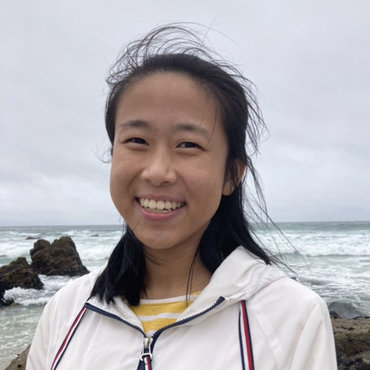
Karsen Wahal, '25
The Long Road to Ending Poverty
Across the world, 719 million people live on under $2.15 per day. Only 29% of the world lives under democratic rule. Sixty percent of chronically hungry people are women and children.
The world has all the resources it needs to change these numbers for the better. Yet, for a myriad of political and cultural reasons, the global poverty rate remains far too high. At least for now, our steps to address poverty around the world must make do with the resources we have.
To me, poverty alleviation is one of the most high-impact ways to serve communities and improve people’s lives. Simple acts of kindness towards those in need—like an extra dollar, meal, or place to stay—can radically change lives. Even deeper investments—improving the quality of education, human rights, and governance—can radically change entire communities.
The importance of these investments and policy actions inspired me to do an internship through a Cardinal Quarter Stanford In Government Fellowship with Millennium Challenge Corporation (MCC), a bilateral United States foreign aid agency focused on generating economic growth in low-income countries in order to sustain long-term development. MCC prides itself on its data-driven, economic approach to aid. My personal interests in data science, economic analysis, and poverty reduction are what drew me to MCC.
At MCC, I worked with a team of dedicated staff within the Economic Analysis Division, examining the economic constraints on development for different countries and the costs and benefits of various “compacts.” This allowed me to gain a deeper understanding of the policy apparatus behind economic development.
My supervisors, Steven Anderson and Allison Wesley, held MCC’s mission close to their hearts. Every staff member I interacted with was committed to the mission of global development. In fact, MCC staff regularly visit countries that they form deals with, providing a critical human perspective to the workstream of each staff member.
During my time at MCC, I learned concrete skills, including data skills, economic analysis skills, and professional acumen. I also gained a background in international development, development policy, and economic policy. Perhaps most importantly, I was inspired by the power of dedicated individuals to enact change. I am forever grateful to the Haas Center for facilitating this experience.


